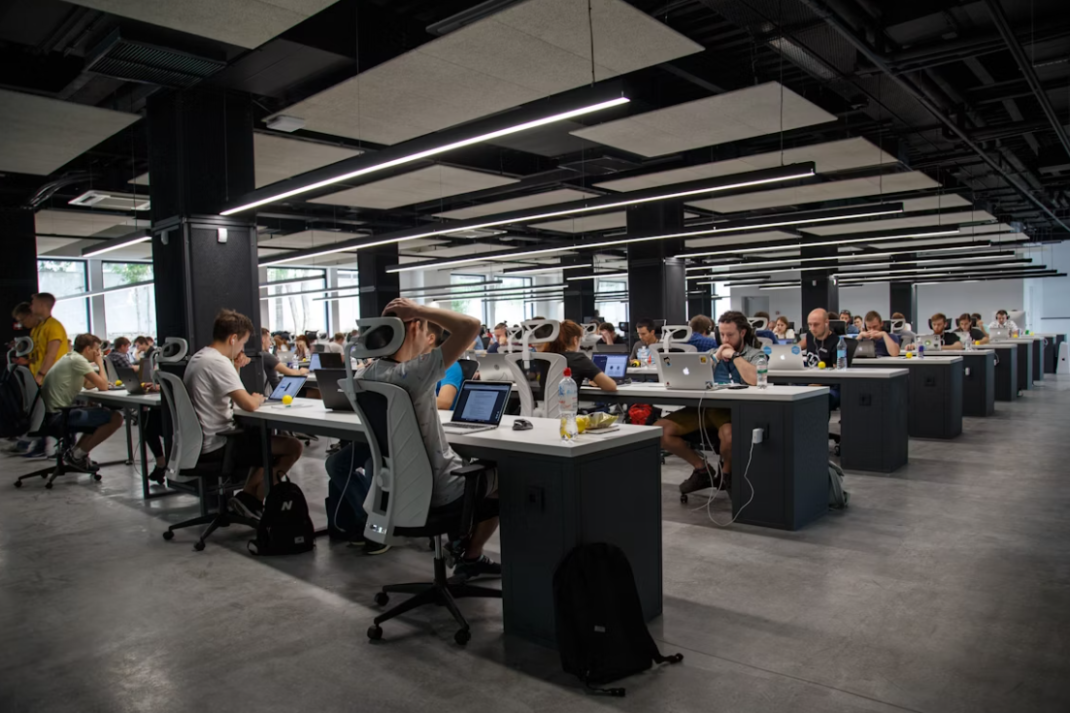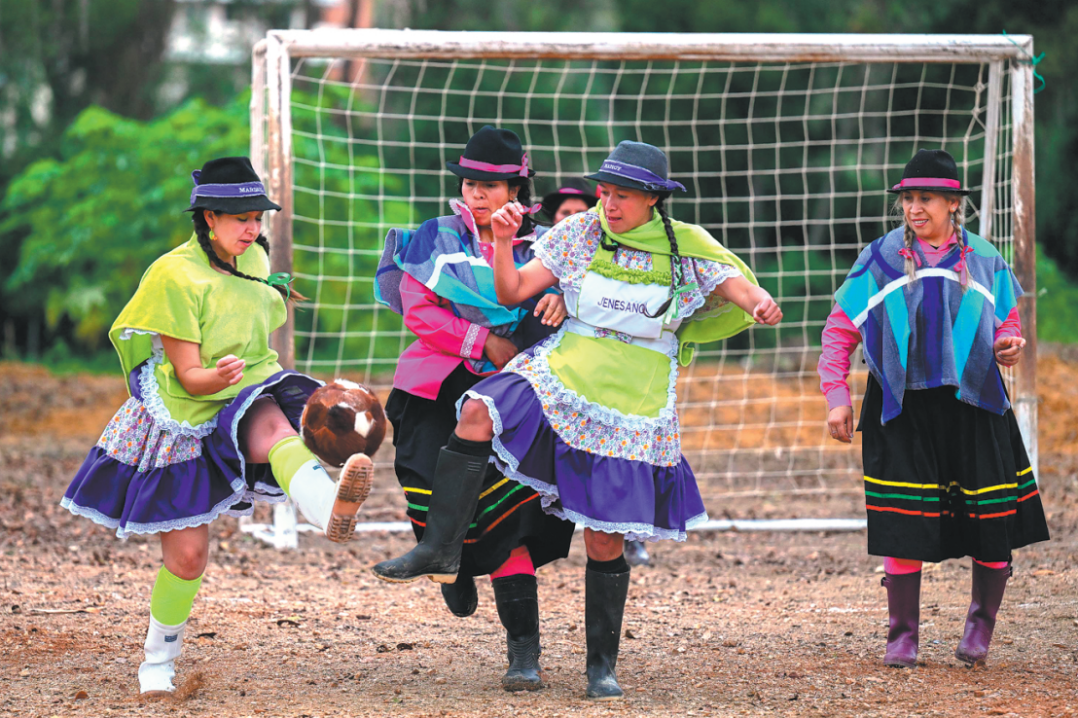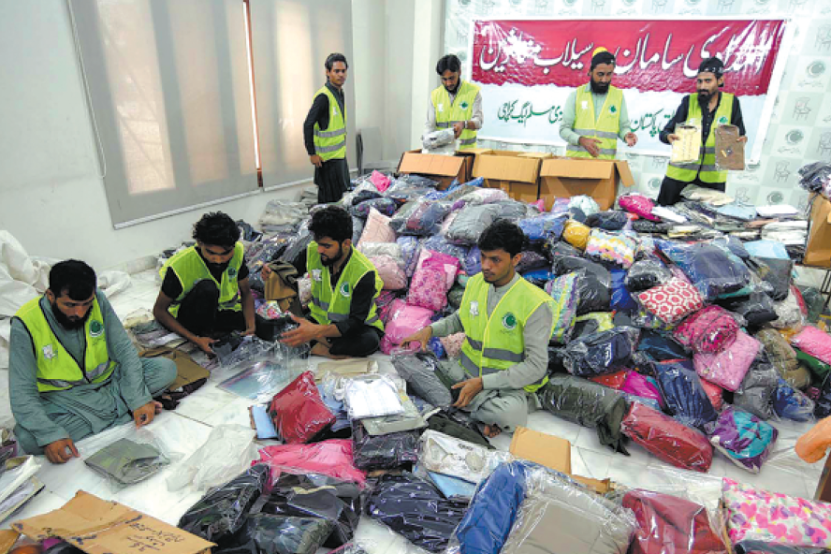US university accused of 'policing words'

An American university has come under fire for suggesting changes to commonly used English words and phrases such as "picnic" and "no can do" as they could be considered offensive to some ethnic groups amid a climate of change on race and gender in the country.
Brandeis University's Prevention, Advocacy and Resource Center (PARC) in Waltham, Massachusetts, issued a list of words that could be deemed racist, violent, sexist, culturally appropriative or insulting to non-English speakers. They suggest they should be changed to more inclusive words.
The phrase "no can do" is among the negative phrases on the list as it is seen as originating from Westerners' mocking Chinese immigrants' "pidgin language" in the early 20th century.
But Noam Blum, chief technology officer of Tablet Magazine, said PARC was "policing language".
Blum tweeted: "Language policing is almost Freudian in how it exposes someone's own disturbing brain connections. It never even occurred to me that saying, 'no can do' was making fun of poor English, let alone anything Asian."
PARC also blasted the use of the word "picnic", saying it has racist connotations for many African Americans after it became linked to the lynching of black Americans in the 1800s and early 1900s, as the murders were said to have had a picnic-like atmosphere.
The university said that picnics were "often associated with the lynching of Black people in the United States during which White spectators were said to have watched while eating, referring to them as picnics or other terms involving racial slurs against Black people".
However, historians argue that it is not an accurate description of the word's origins. Instead, the term 'Pique-nique' is said to have come from a French term for a social gathering to which guests brought food and drink.
Beth Baumann, a reporter, wrote of her opposition to changing the phrase. She tweeted: "Picnic." Seriously? Do we need to say "eating outside on a blanket with food we brought with us and carried in a basket" or is something in that sentence considered violent and oppressive?"
PARC said other English words should be removed, as they're violent. This includes the phrase you're "killing it" to suggest someone is doing a good job, as it could be associated with murder. Instead, they believe 'awesome' or 'great job' are better.
PARC also took umbrage with the term 'trigger warning', which warns someone about a sensitive topic. It said it could be seen as offensive because it has "connections to guns for many people". Instead, it suggested using "content note".
PARC added that the phrase "rule of thumb" is sexist as it "allegedly comes from an old British law allowing men to beat their wives with sticks no wider than their thumb". Instead, it suggested using "general rule".
In 2015, the University of California at Berkeley (UC) urged both teachers and staff to abandon commonly used phrases such as "America is the land of opportunity" and "Why are you so quiet?"
A handout distributed at UC seminars called "Recognizing Microaggressions and the Messages They Send", adapted from a book by Columbia University Psychology Professor Derald Wing Sue, explained why the phrases are problematic.
The handout said phrases like "America is the land of opportunity" imply that, "People of color are lazy and/or incompetent and need to work harder." And, asking an Asian, Latino, or Native American "why are you so quiet?" is like ordering them to "assimilate to dominant culture".
Ironically, UC is seen as birthing the free speech movement in 1964 to 1965.
The debate around what is taught in American schools and universities has reached a fever pitch this year, as social justice advocates push for "critical race theory" to be a part of the curriculum.
Critical race theory is described as teaching America's history through the lens of racism and the role systemic racism has in maintaining white supremacy. It was created in the 1970s and 1980s in the wake of the civil rights movement.
Yet, today, many Republicans, including former president Donald Trump oppose it being taught in schools as they fear it will rewrite history and blame white Americans.
At least 25 states are considering legislation to ban critical race theory from being taught in schools, according to Education Week. Around eight Republican-led states have already banned it.

































